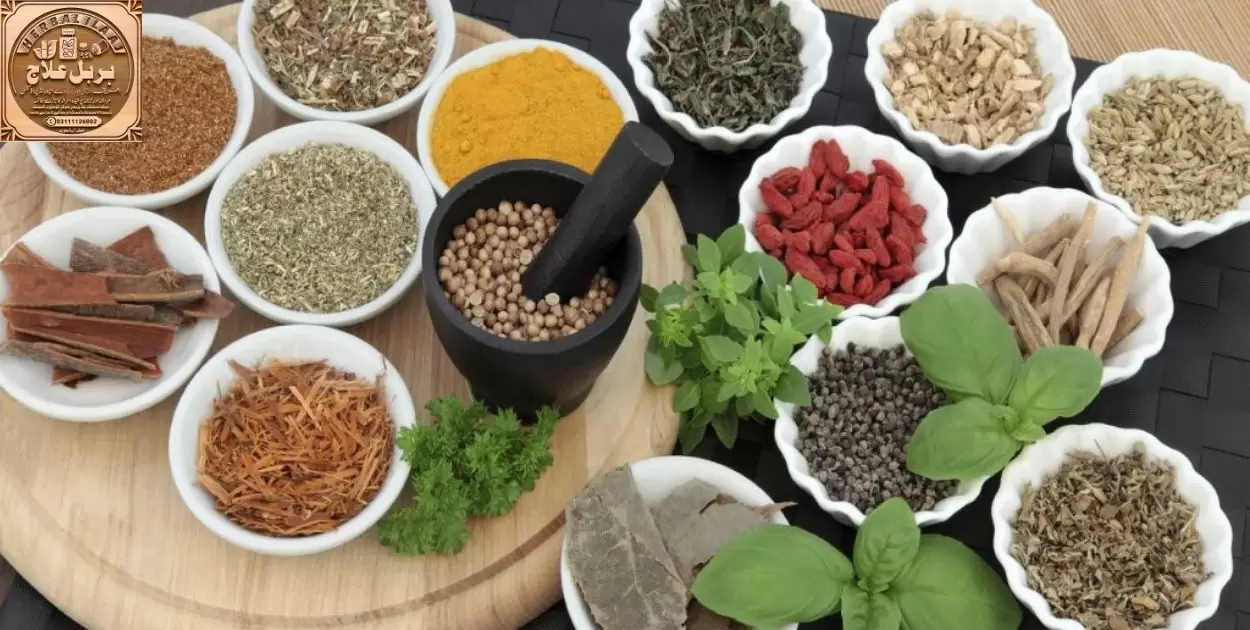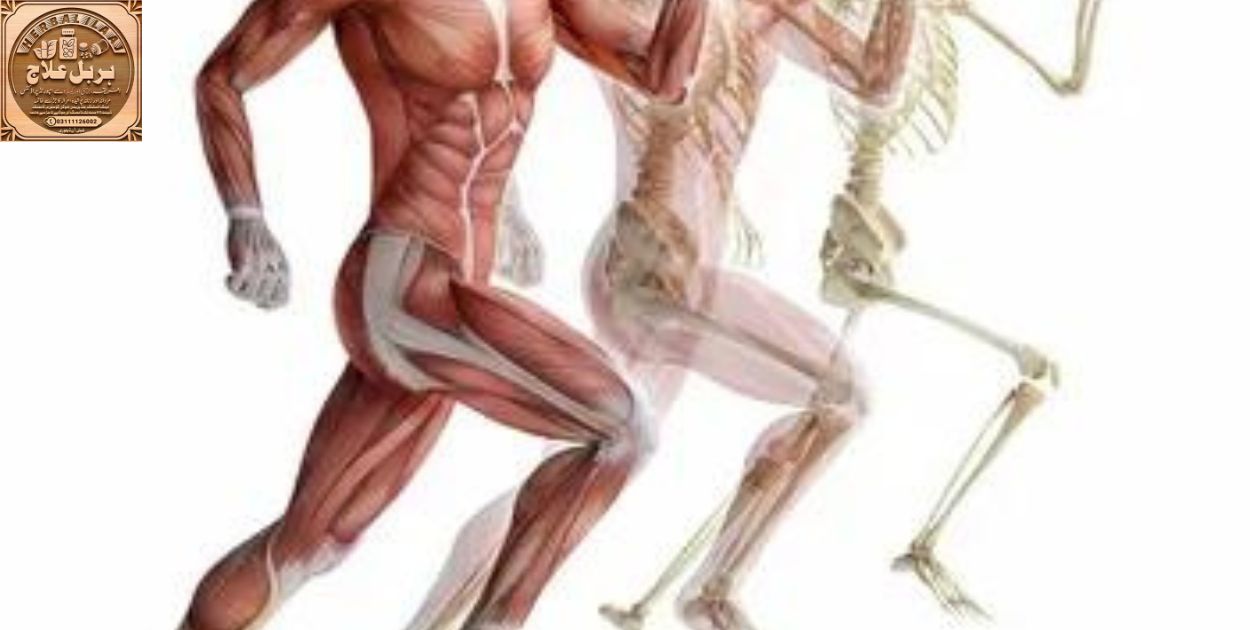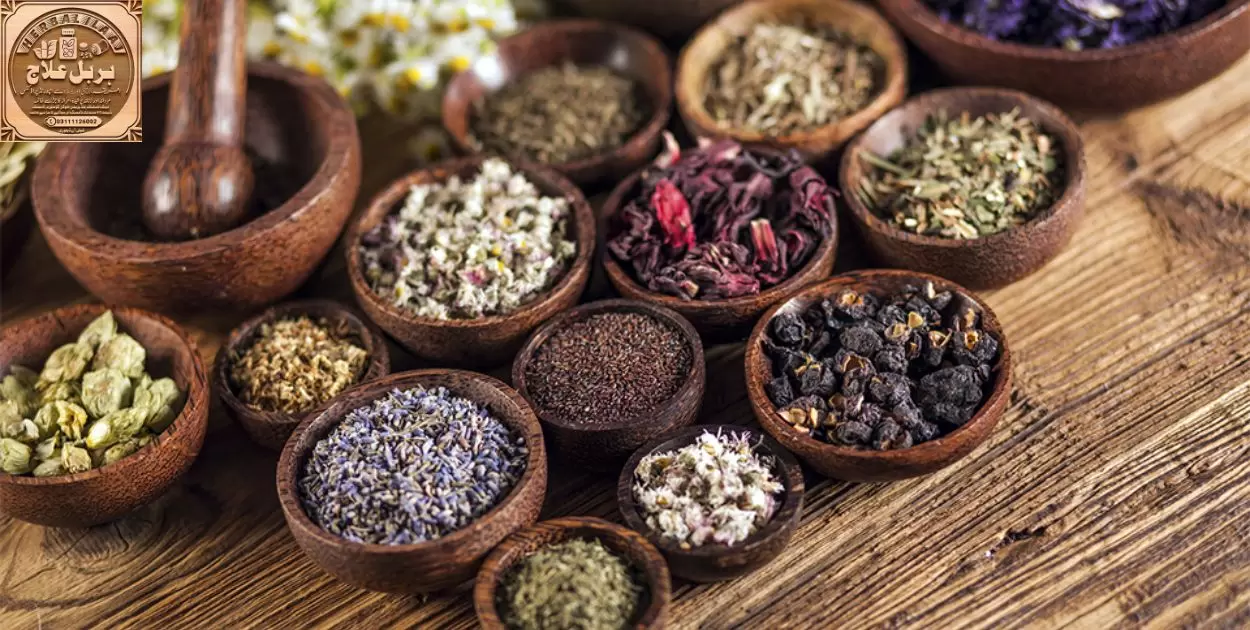Herbal remedies and supplements for weight loss are natural substances derived from plants that are believed to aid in reducing body weight. These products often contain ingredients such as green tea extract, Garcinia cambogia, or ginger, which are thought to boost metabolism or suppress appetite. While they are popular, their effectiveness and safety can vary, and it’s important to consult with a healthcare professional before using them.
Are you tired of struggling to shed those extra pounds? Discover the natural power of herbal remedies and supplements for weight loss. Say goodbye to fad diets and hello to a healthier, happier you. It’s time to unlock the secret to sustainable weight loss. Try incorporating these herbal remedies and supplements into your routine today and witness the transformation for yourself.
Explore the world of herbal remedies and supplements tailored for weight loss. These natural alternatives offer gentle yet effective support on your wellness journey. From green tea extract to Garcinia Cambogia, discover nature’s arsenal for achieving your fitness goals.
Which Herbal Teas Can Help With Weight Loss?
Herbal teas like green tea and oolong tea can aid weight loss. They contain compounds that boost metabolism and promote fat burning. Green tea, in particular, is rich in catechins, antioxidants known to enhance calorie burning and fat oxidation. Additionally, herbal teas like dandelion and ginger tea can support digestion and reduce water retention, contributing to weight loss efforts.
Some herbal teas, such as peppermint and chamomile, can indirectly assist in weight loss by curbing cravings and reducing stress. Peppermint tea, for instance, can help suppress appetite and alleviate digestive issues, making it easier to maintain a healthy diet. Similarly, chamomile tea has calming properties that may prevent emotional eating and promote better sleep, essential for weight management.
Green Tea Boost Metabolism
Green tea contains catechins, powerful antioxidants that aid in weight loss. These compounds, particularly epigallocatechin gallate (EGCG), stimulate the central nervous system and increase the rate at which the body burns calories. Moreover, green tea promotes thermogenesis, the process by which the body generates heat, further enhancing metabolism and fat burning.
Drinking green tea regularly can significantly boost metabolic rate. The combination of caffeine and EGCG works synergistically to increase energy expenditure, helping individuals burn more calories throughout the day. Incorporating green tea into a balanced diet and exercise regimen can effectively support weight loss goals.
Oolong Or White Teas Aid Digestion
Oolong and white teas are known for their digestive benefits. Oolong tea contains polyphenols that help accelerate metabolism and aid in fat oxidation. Additionally, it contains compounds that support digestive enzymes, promoting efficient digestion and nutrient absorption.
White tea, on the other hand, is minimally processed, retaining high levels of antioxidants and catechins. These compounds can aid in digestion by reducing inflammation in the gut and supporting a healthy microbiome. Both oolong and white teas can be beneficial additions to a weight loss regimen, especially when consumed alongside a balanced diet and regular exercise.
Pu’erh Tea Suppress Appetite
Pu’erh tea, a fermented Chinese tea, is believed to suppress appetite and aid in weight loss. It contains catechins and caffeine, which can increase satiety and reduce cravings. Additionally, pu’erh tea promotes the production of hormones that signal fullness, helping individuals consume fewer calories throughout the day.
Moreover, pu’erh tea supports digestion by stimulating the production of gastric juices, which aid in breaking down food more efficiently. By promoting feelings of fullness and aiding digestion, pu’erh tea can be a valuable tool for those looking to manage their weight effectively.
Other Herbal Teas Promote Weight Loss
Green Tea: Green tea is rich in antioxidants called catechins, which may boost metabolism and increase fat burning. Drinking green tea regularly can aid in weight loss when combined with a healthy diet and exercise.
Oolong Tea: Oolong tea is partially oxidized and contains caffeine and catechins, making it a potential aid for weight loss. It’s believed to increase energy expenditure and fat oxidation, helping with weight management.
Peppermint Tea: Peppermint tea has a refreshing flavor and may help suppress appetite. Drinking peppermint tea before meals can make you feel fuller faster, reducing the likelihood of overeating.
Dandelion Tea: Dandelion tea acts as a diuretic, helping to reduce water weight. It may also support digestion and liver function, which can contribute to overall weight loss when combined with a healthy lifestyle.
Ginger Tea: Ginger tea has thermogenic properties, meaning it may help boost metabolism and increase calorie burning. Additionally, ginger can aid digestion and reduce feelings of hunger, making it a useful tool for weight management.
How Do Herbal Supplements Support Weight Management?

Herbal supplements can complement a healthy lifestyle and aid in weight management. Ingredients like green coffee bean extract and Garcinia cambogia have been studied for their potential to suppress appetite and inhibit fat absorption. Similarly, forskolin, derived from the Indian coleus plant, may help increase lean body mass and reduce fat mass.
Moreover, herbal supplements like konjac fiber and glucomannan can promote feelings of fullness and prevent overeating by expanding in the stomach. These supplements may also regulate bowel movements and support digestive health, contributing to overall weight management efforts.
Herbal Diet Pills Actually Work
The efficacy of herbal diet pills varies depending on the ingredients and individual response. Some herbal supplements, such as green tea extract and conjugated linoleic acid (CLA), have shown promising results in promoting weight loss when combined with a healthy diet and exercise routine.
However, it’s essential to approach herbal diet pills with caution and skepticism. Many supplements lack sufficient scientific evidence to support their claims, and some may even pose risks to health. Consulting with a healthcare professional before starting any herbal supplement regimen is advisable to ensure safety and efficacy.
Herbal Supplements Burn Fat
Several herbal supplements are believed to aid in fat burning and weight loss. Green tea extract, containing catechins and caffeine, can enhance thermogenesis and increase energy expenditure. Similarly, cayenne pepper extract contains capsaicin, a compound that stimulates metabolism and promotes fat oxidation.
Furthermore, forskolin, derived from the roots of the Indian coleus plant, has been studied for its potential to increase levels of cyclic adenosine monophosphate (cAMP), which may promote fat breakdown. Incorporating these herbal supplements into a comprehensive weight loss plan may support fat burning and help individuals achieve their goals.
Herbal Fiber Supplements Curb Hunger
Herbal fiber supplements like psyllium husk and glucomannan can help curb hunger and promote weight loss. These soluble fibers absorb water in the digestive tract, forming a gel-like substance that slows down digestion and increases feelings of fullness.
By expanding in the stomach, herbal fiber supplements can reduce appetite and prevent overeating. Additionally, they support digestive health by regulating bowel movements and promoting regularity. Adding herbal fiber supplements to meals or beverages can be a simple and effective strategy for managing hunger and supporting weight loss efforts.
Herbal Detox Teas Cleanse And Slim The Body
Herbal detox teas are often marketed as a way to cleanse the body and promote weight loss. While some ingredients like dandelion and nettle leaf may have diuretic properties, leading to temporary water weight loss, these teas are not a sustainable or effective solution for long-term weight management.
Moreover, many herbal detox teas contain laxatives or stimulants that can have adverse effects on health and digestion. Instead of relying on detox teas, focusing on a balanced diet, staying hydrated, and engaging in regular physical activity are key strategies for supporting overall health and sustainable weight loss.
What Herbs Can Curtail Cravings And Snacking?

Certain herbs possess properties that can help curb cravings and reduce snacking. For example, cinnamon has been shown to stabilize blood sugar levels, preventing spikes and crashes that often lead to cravings. Additionally, gymnema sylvestre, an herb native to India, can suppress sweet taste sensations, making sugary snacks less appealing.
Moreover, holy basil, also known as tulsi, has adaptogenic properties that help regulate cortisol levels, reducing stress-related cravings. Incorporating these herbs into one’s diet or consuming them as supplements may aid in controlling cravings and promoting healthier eating habits.
Peppermint Reduce Cravings And Snacking
Peppermint has been studied for its potential to reduce cravings and snacking. Its refreshing scent and flavor have been shown to decrease appetite and cravings, particularly for high-calorie and sugary foods. Additionally, peppermint tea can help soothe digestive discomfort, which may contribute to reduced snacking habits.
Furthermore, inhaling peppermint essential oil or chewing peppermint gum may have similar appetite-suppressing effects. However, it’s essential to note that individual responses to peppermint may vary, and more research is needed to fully understand its impact on cravings and snacking behavior.
Fenugreek Help Control Blood Sugar Levels
Fenugreek is an herb commonly used in traditional medicine and culinary practices. It contains soluble fiber, which slows down the absorption of carbohydrates and sugars in the digestive tract, helping to regulate blood sugar levels. Additionally, fenugreek seeds contain compounds that may enhance insulin sensitivity, further supporting glucose control.
Furthermore, fenugreek supplementation has been associated with improved glycemic control and reduced insulin resistance in individuals with diabetes. Incorporating fenugreek into one’s diet or taking it as a supplement may be beneficial for managing blood sugar levels, particularly for those with diabetes or insulin resistance.
Might Ginger Curb Appetite And Digestion
Ginger is well-known for its digestive benefits and appetite-suppressing effects. It contains compounds like gingerol and shogaol, which can stimulate gastric enzymes, aiding in digestion and reducing feelings of hunger. Additionally, ginger has thermogenic properties, meaning it can increase body temperature and boost metabolism, potentially reducing appetite.
Moreover, ginger has been shown to alleviate nausea and gastrointestinal discomfort, which may contribute to decreased appetite and reduced food intake. Consuming ginger tea or adding fresh ginger to meals may help curb appetite and support digestive health, promoting overall well-being.
Dandelion Or Chamomile Ease Emotional Eating
Dandelion and chamomile are two herbal remedies that may help ease emotional eating. Dandelion tea acts as a natural diuretic, reducing water retention and bloating often associated with emotional overeating. Additionally, dandelion contains compounds that support liver function, aiding in detoxification and promoting overall digestive health.
Chamomile tea, on the other hand, has calming properties that can help reduce stress and anxiety, common triggers for emotional eating. By promoting relaxation and stress relief, chamomile tea may prevent impulsive eating behaviors and promote healthier coping mechanisms.
Do Any Herbal Therapies Boost Exercise Performance?
Several herbal therapies have been studied for their potential to enhance exercise performance. For example, ginseng has adaptogenic properties that help improve endurance and reduce fatigue during physical activity. Similarly, Rhodiola rosea has been shown to increase oxygen uptake and improve exercise capacity.
Moreover, Cordyceps sinensis, a type of medicinal mushroom, has been associated with enhanced aerobic performance and increased energy levels. Incorporating these herbal remedies into one’s pre-workout routine may help improve stamina, endurance, and overall exercise performance.
Guarana Energize Workouts And Burn More Calories
Guarana is a plant native to the Amazon basin, known for its stimulant properties. It contains caffeine, theobromine, and theophylline, which can increase energy levels and alertness, making it an effective pre-workout supplement. Additionally, guarana may boost metabolism and promote fat burning, aiding in weight management efforts.
Furthermore, guarana has been shown to enhance cognitive function and reduce fatigue, allowing individuals to push through intense workouts more effectively. However, it’s essential to consume guarana in moderation, as excessive caffeine intake can lead to adverse effects such as insomnia and jitteriness.
Rhodiola Rosea Reduce Fatigue During Exercise
Rhodiola rosea, also known as Arctic root or golden root, is an adaptogenic herb that has been studied for its ability to reduce fatigue and improve exercise performance. It contains bioactive compounds like salidroside and rosavin, which help regulate cortisol levels and enhance physical endurance.
Moreover, Rhodiola rosea has been shown to increase oxygen uptake and utilization, improving overall energy production during exercise. By mitigating the effects of stress on the body and enhancing stamina, Rhodiola rosea may help individuals train harder and recover faster from intense workouts.
Ashwagandha Or Ginseng Diminish Stress Eating
- Both ashwagandha and ginseng are herbs known as adaptogens.
- Adaptogens help the body cope with stress and maintain balance.
- Stress often leads to overeating or stress eating.
- Ashwagandha and ginseng may help reduce stress-related eating habits.
- They regulate cortisol levels, a hormone associated with stress.
- Cortisol can trigger cravings for high-calorie foods during stressful situations.
- By managing cortisol levels, ashwagandha and ginseng may reduce the urge to overeat.
- Incorporating these herbs into your routine may support healthier eating habits.
Comparison Table: Ashwagandha vs. Ginseng
| Aspect | Ashwagandha | Ginseng |
| Type of Herb | Ayurvedic herb | Traditional Chinese herb |
| Stress Reduction | Regulates cortisol levels, reducing stress | Helps the body adapt to stress |
| Weight Management | May aid in weight loss by reducing stress | Can support weight loss by reducing stress and enhancing energy |
| Appetite Control | May help reduce stress-related eating | May help suppress appetite |
| Form | Available as a supplement or powder | Available in various forms like tea, capsules, or extracts |
| Side Effects | Generally well-tolerated, but may cause gastrointestinal upset in some individuals | Can cause headaches, digestive issues, and sleep problems in some cases |
| Usage | Often used in Ayurvedic medicine for various health benefits | Commonly used in traditional Chinese medicine and culinary applications |
These herbs may be beneficial for managing stress eating habits, but it’s essential to consult with a healthcare professional before adding them to your regimen, especially if you have any underlying health conditions or are taking medications.
Herbal Supplements Might Support Joint Health For Exercise
Several herbal supplements may support joint health and mobility, essential for exercise performance and overall physical activity. Turmeric, for example, contains curcumin, a compound with potent anti-inflammatory properties that can help alleviate joint pain and stiffness.
Moreover, Boswellia serrata, also known as Indian frankincense, has been shown to reduce inflammation and improve joint function in individuals with osteoarthritis. Incorporating these herbal supplements into one’s daily routine may help support joint health and alleviate discomfort associated with exercise and physical activity.
Are Any Herbal Remedies Effective For Long-Term Weight Control?
Some herbal remedies may support long-term weight control when combined with a healthy diet and regular exercise. For example, green tea extract contains catechins and caffeine, which can enhance metabolism and promote fat burning, aiding in weight management efforts.
Additionally, konjac fiber supplements, derived from the root of the konjac plant, can promote feelings of fullness and prevent overeating by expanding in the stomach. By curbing appetite and supporting portion control, herbal remedies like green tea extract and konjac fiber may contribute to sustainable weight loss and weight maintenance.
Herbal Therapies Address Underlying Causes Of Obesity
Several herbal therapies address underlying causes of obesity, such as poor metabolism and hormonal imbalances. For example, bitter orange extract contains synephrine, a compound that can increase metabolic rate and promote fat oxidation, making it beneficial for weight management.
Moreover, berberine, a compound found in several herbs like goldenseal and Oregon grape, has been shown to regulate blood sugar levels and improve insulin sensitivity, addressing metabolic issues often associated with obesity. Incorporating these herbal therapies into a comprehensive weight loss plan may help address underlying factors contributing to obesity and promote long-term success.
Herbal Adaptogens Like Ashwagandha Help Maintain Weight Loss
Herbal adaptogens such as ashwagandha are believed to support weight loss by reducing stress levels, which can contribute to overeating and weight gain. Ashwagandha may help regulate cortisol, a hormone linked to stress and weight gain. Additionally, it can enhance energy levels, potentially promoting physical activity and calorie burning.
Moreover, ashwagandha might improve sleep quality, which is crucial for weight management as poor sleep can disrupt hunger hormones and lead to overeating. However, it’s essential to combine ashwagandha with a balanced diet and regular exercise for optimal results in weight loss maintenance.
Herbal Detoxes Or Cleanses Yield Lasting Results
Herbal detoxes or cleanses are often marketed as quick fixes for weight loss, but their lasting effectiveness is questionable. While they may lead to temporary weight loss by eliminating excess water weight and waste from the body, this weight loss is usually not sustainable in the long term.
Furthermore, detoxes and cleanses often involve severe calorie restriction, which can slow down metabolism and lead to muscle loss. Once the cleanse is over, individuals may revert to their previous eating habits, causing the weight to return. Sustainable weight loss requires adopting healthy lifestyle habits rather than relying on short-term detoxes.
Might Herbal Appetite Suppressants Aid Long-Term Management
Herbal appetite suppressants can help control cravings and reduce overall calorie intake, which may support long-term weight management. Ingredients like glucomannan, found in konjac root, expand in the stomach, promoting feelings of fullness and reducing hunger.
Moreover, certain herbs like Garcinia cambogia may inhibit the production of fat-producing enzymes in the body, potentially aiding weight loss efforts. However, it’s crucial to use herbal appetite suppressants in conjunction with a balanced diet and regular exercise for sustainable weight management.
In conclusion, while herbal adaptogens like ashwagandha may assist in maintaining weight loss by reducing stress and improving sleep, herbal detoxes or cleanses typically do not yield lasting results and may even be harmful. Herbal appetite suppressants can aid in long-term weight management by controlling cravings and reducing calorie intake, but they should be part of a comprehensive approach that includes healthy eating and regular physical activity.
Frequently Asked Question
Are Herbal Remedies And Supplements Safe For Weight Loss?
Herbal remedies and supplements can be safe when used correctly and in moderation, but it’s essential to research and consult with a healthcare professional before adding them to your routine.
Can Herbal Supplements Alone Lead To Significant Weight Loss?
While herbal supplements may support weight loss efforts, they are most effective when combined with a healthy diet and regular exercise routine for sustainable results.
What Are Some Common Herbal Supplements Used For Weight Loss?
Common herbal supplements for weight loss include green tea extract, Garcinia cambogia, forskolin, and conjugated linoleic acid (CLA), among others.
Are There Any Risks Associated With Using Herbal Supplements For Weight Loss?
Some herbal supplements may have side effects or interact with medications, so it’s crucial to consult with a healthcare provider before starting any new supplement regimen.
How Long Does It Take To See Results From Herbal Supplements For Weight Loss?
Results can vary depending on individual factors such as metabolism, diet, and exercise habits, but it’s essential to be patient and consistent with supplementation while maintaining a healthy lifestyle.
Conclusion
Herbal remedies and supplements for weight loss can be valuable tools when incorporated into a balanced lifestyle. While these supplements offer potential benefits such as appetite suppression and metabolism support, they should not be viewed as quick fixes. It’s crucial to approach their use with caution, ensuring they complement a healthy diet and regular exercise regimen.
Consulting with a healthcare professional before beginning any new supplement routine is essential to ensure safety and efficacy. By combining herbal remedies with sustainable lifestyle changes, individuals can work towards achieving their weight loss goals in a holistic and healthy manner.



































